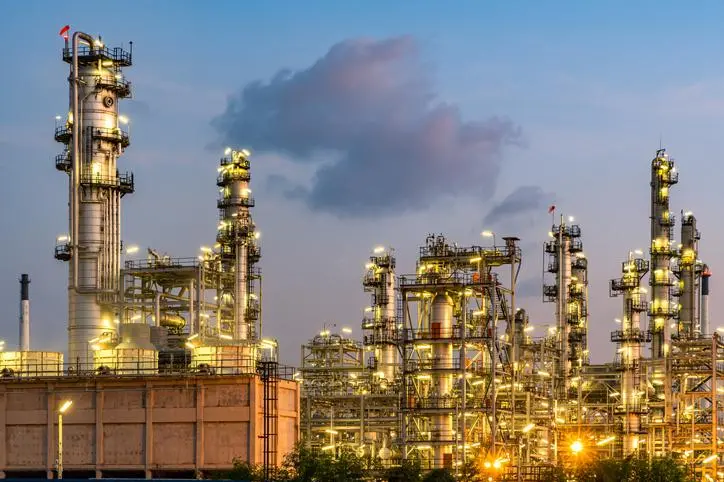PHOTO
In the face of increasing pressure to fast-track economic diversification amid volatile and low oil revenues, Saudi Arabia is looking to develop renewable energies and increase energy efficiency to prepare itself for the post-oil era, said French investment bank Natixis in a report Monday.
But while the need for diversification is increasingly obvious, the way in which such transformation must take place is still open for discussion, according to the report titled “Saudi Arabia Energy Transition: where does the kingdom stand?”
It could take advantage of the post-COVID market environment and the return of global oil demand growth. In the current depressed global environment reluctant investors might refrain from financing US shale oil production, leaving room for Saudi Arabia to increase production and gain market share without jeopardizing revenues and affecting prices.
However, with a production capacity currently estimated at 12.5 million barrels per day (mb/d), the kingdom is also looking at monetizing its 297.6 billion barrels of proven reserves as the risk of ending up with stranded assets is increasingly high as case for energy transition grows.
Given the high dependance of the economy on oil, the country must be very careful of the effects its investment choices might have on the global revenue from oil. In addition, the kingdom should also consider its own internal demand.
According to Natixis, under a scenario of conservative hedging strategy, the kingdom will have to ensure the oil sector is maintained at the centre of the economy, while allowing for a smooth and relatively riskless diversification.
To achieve that the hedging strategy should focus on four pillars:
- Increasing Saudi Arabia’s ability to compete in a low-price environment through lower production costs and higher energy production efficiency
- Decarbonizing oil and gas production to favor Saudi energy in a world with rising carbon prices
- Maximizing the country’s oil export potential through an optimized domestic energy mix and more efficient domestic energy consumption
- Raising the share of petrochemicals and non-combustible uses of oil in the country’s production portfolio.
“Under this prism, the oil industry becomes a sector of the future, lowering the risk to invest in non-viable new exports sectors, guaranteeing a lasting competitiveness for Saudi Arabia on global oil markets and streamlining the proceeds of the natural resources throughout time and generations,” said Lysu Paez-Cortez, senior economist at Natixis.
(Reporting by Brinda Darasha; editing by Daniel Luiz)
Disclaimer: This article is provided for informational purposes only. The content does not provide tax, legal or investment advice or opinion regarding the suitability, value or profitability of any particular security, portfolio or investment strategy. Read our full disclaimer policy here.
© ZAWYA 2021





















